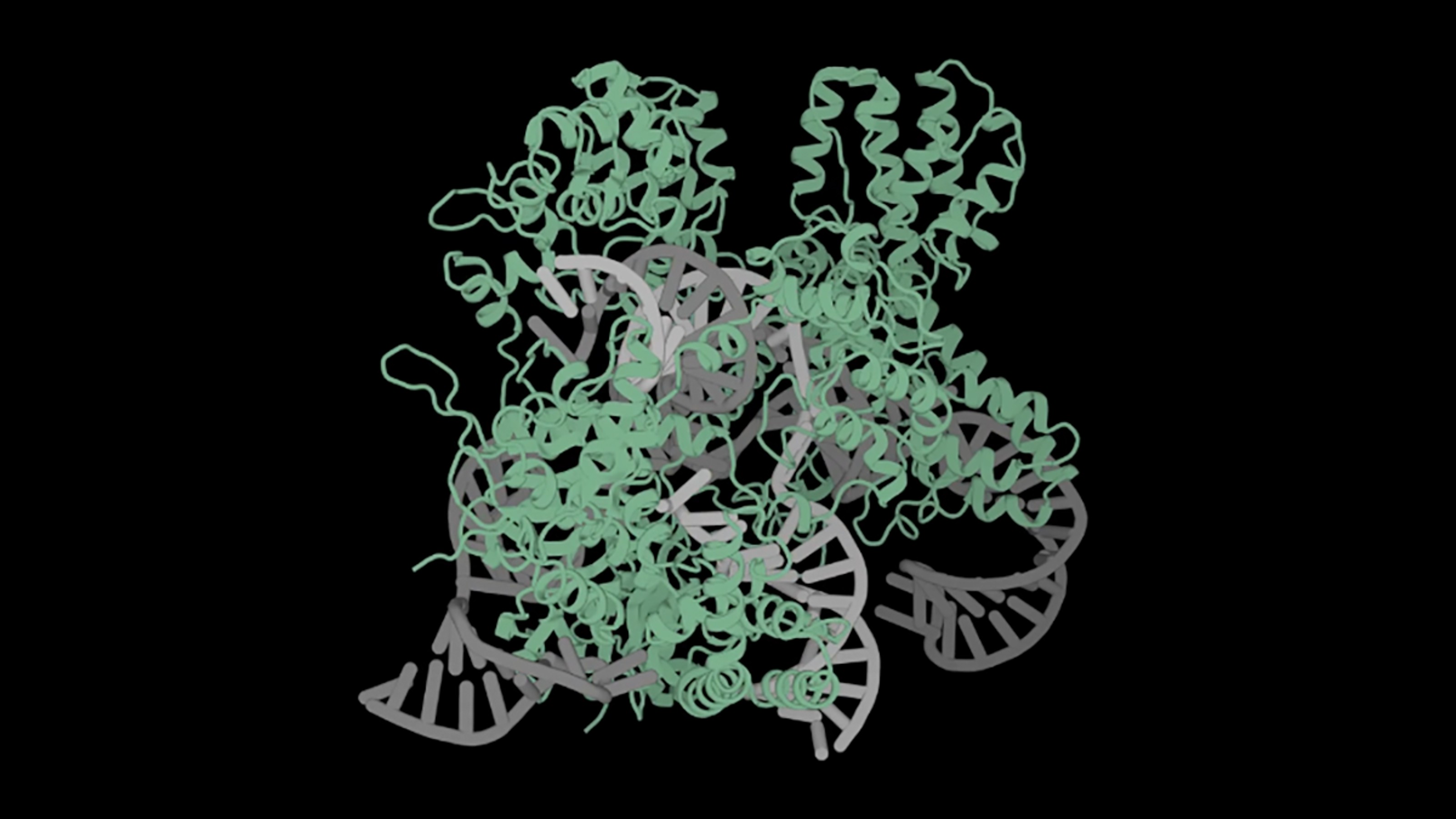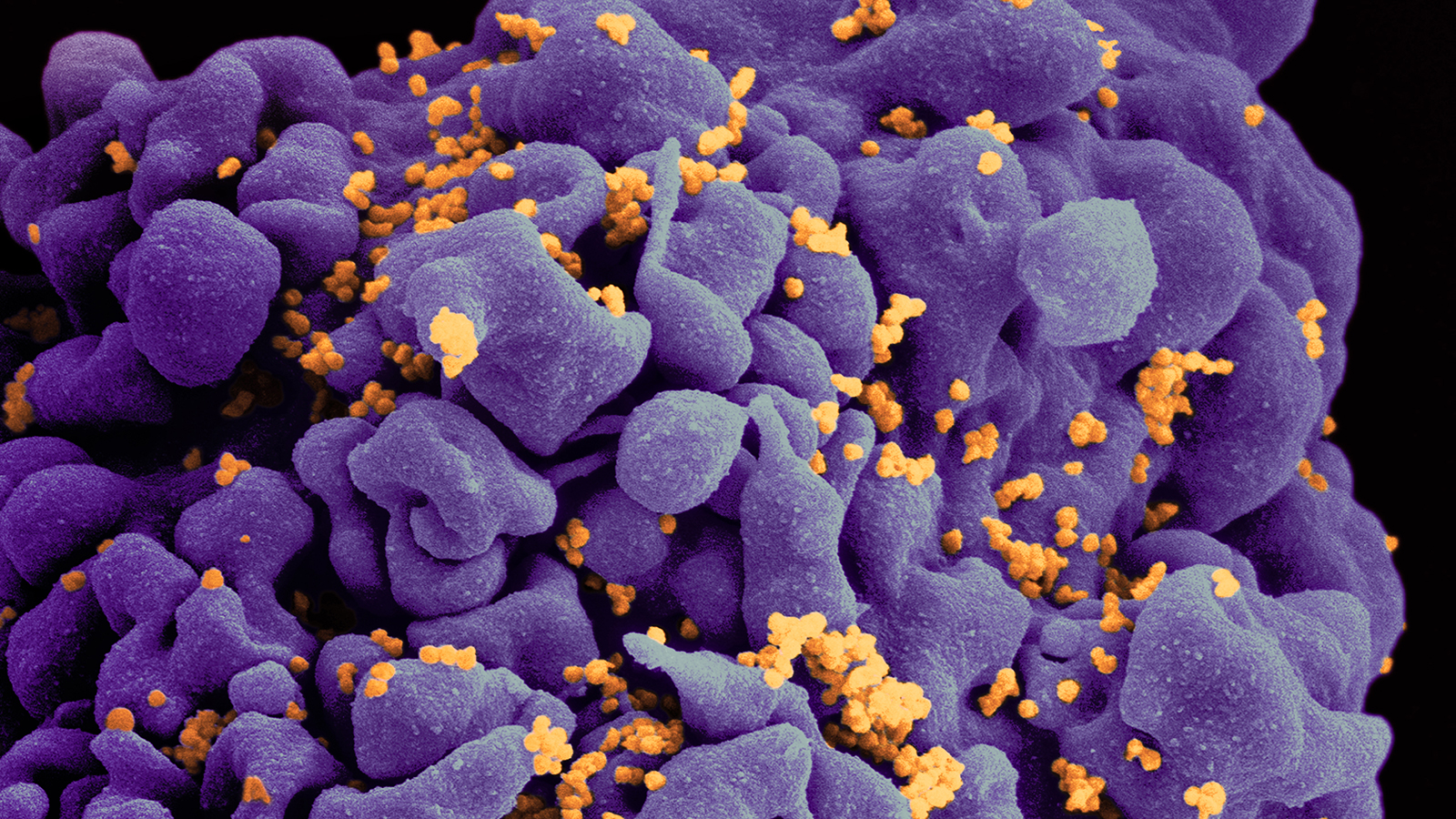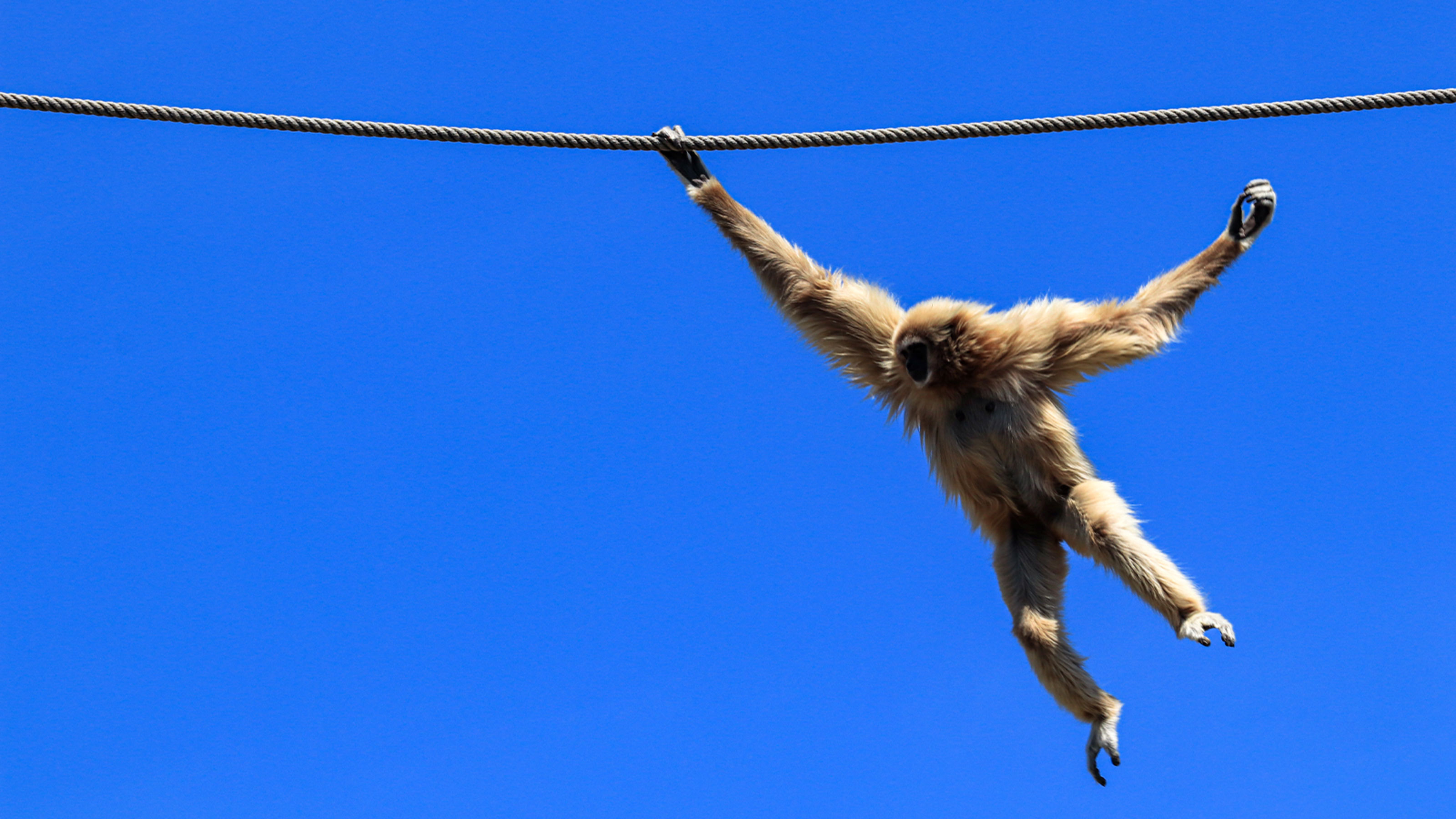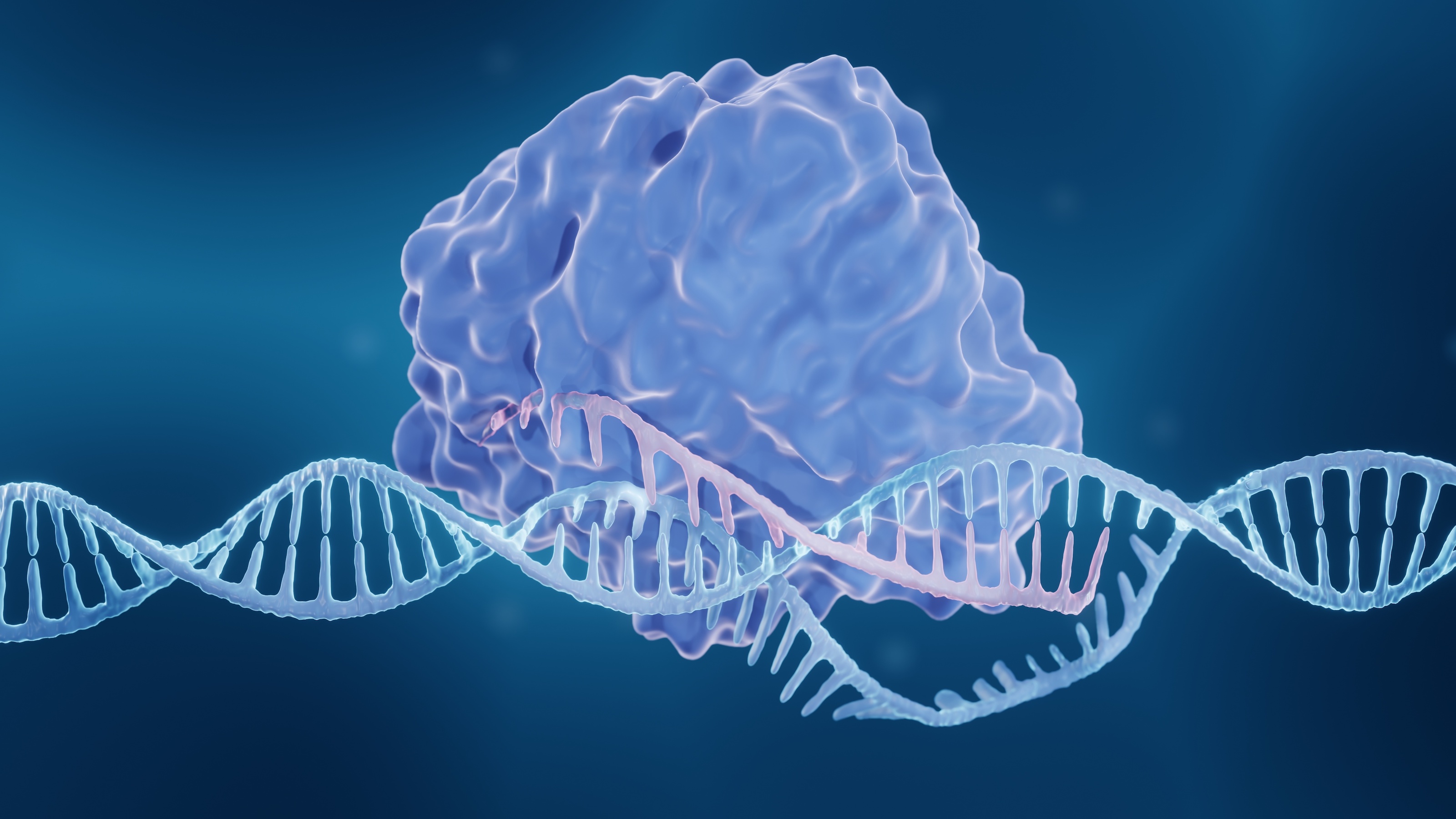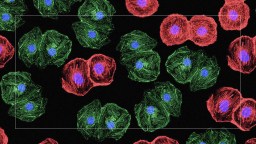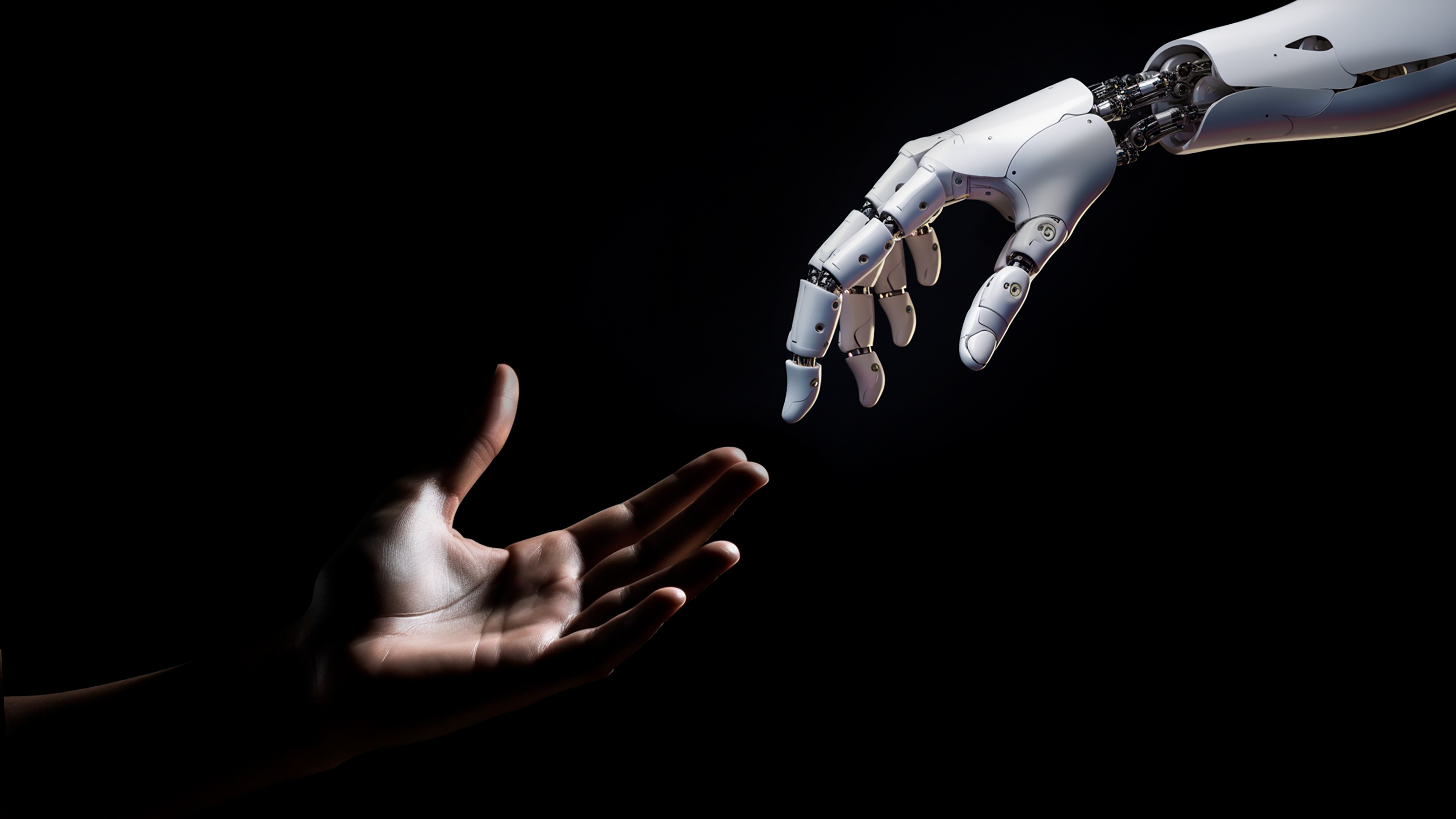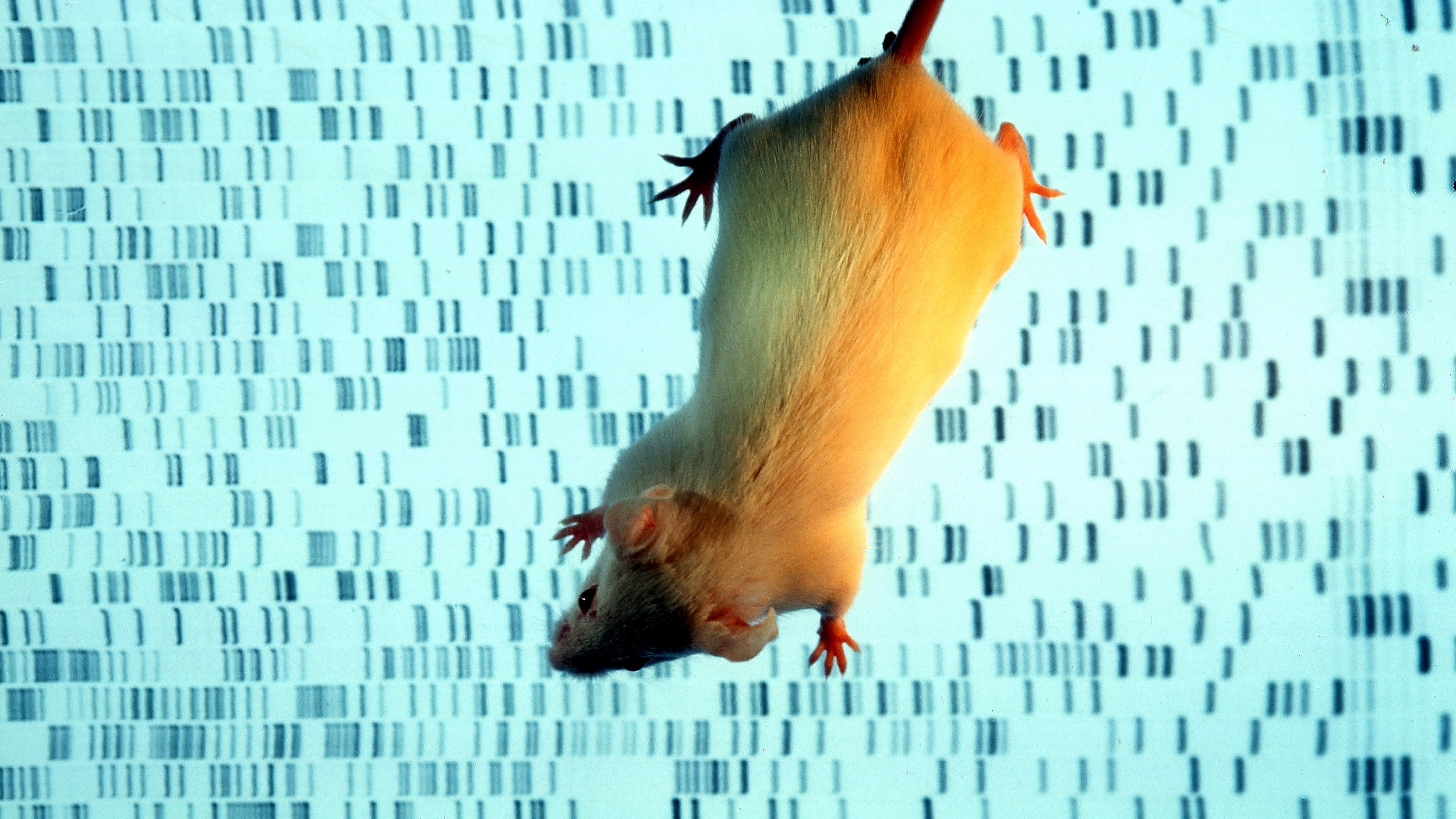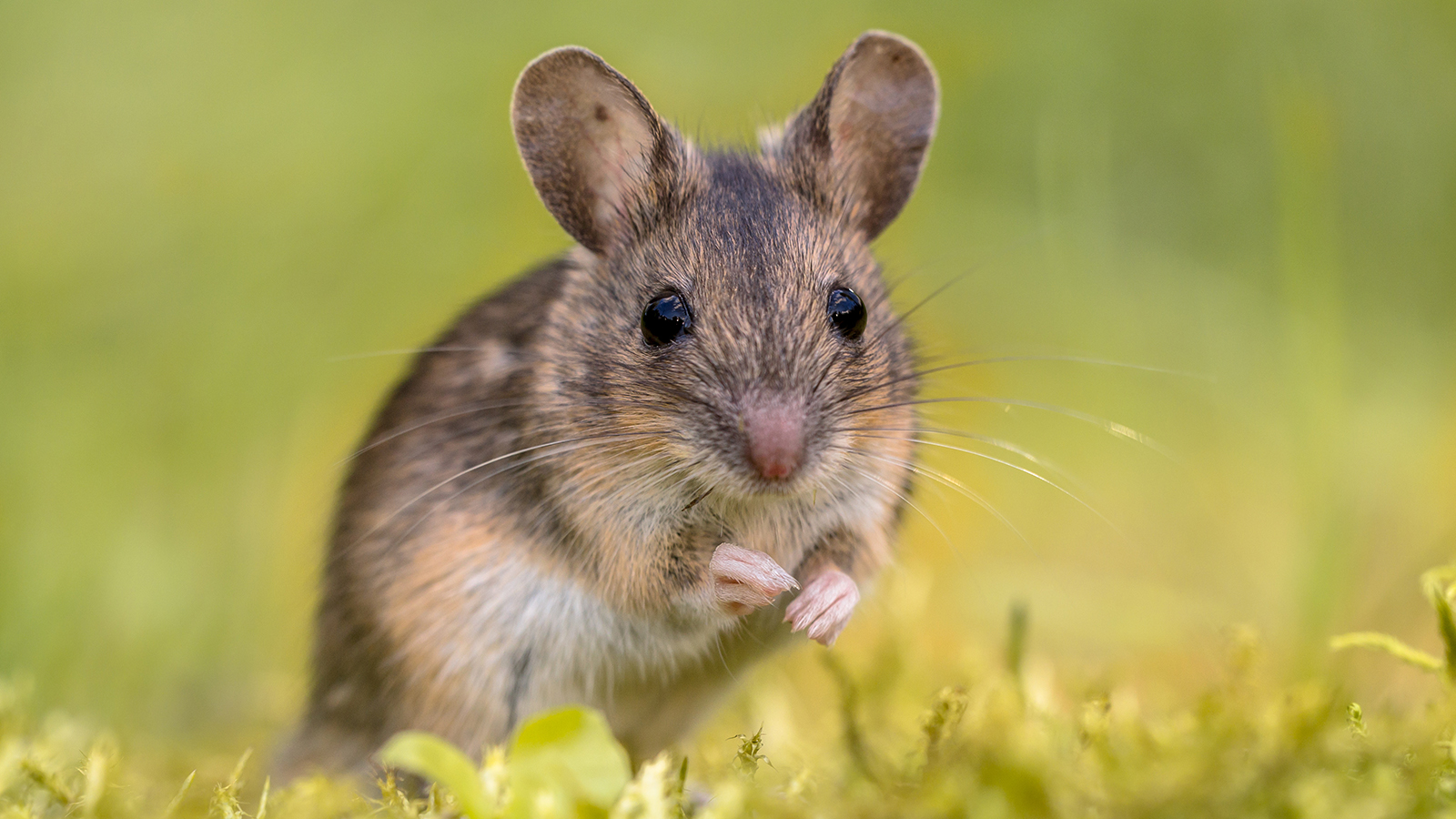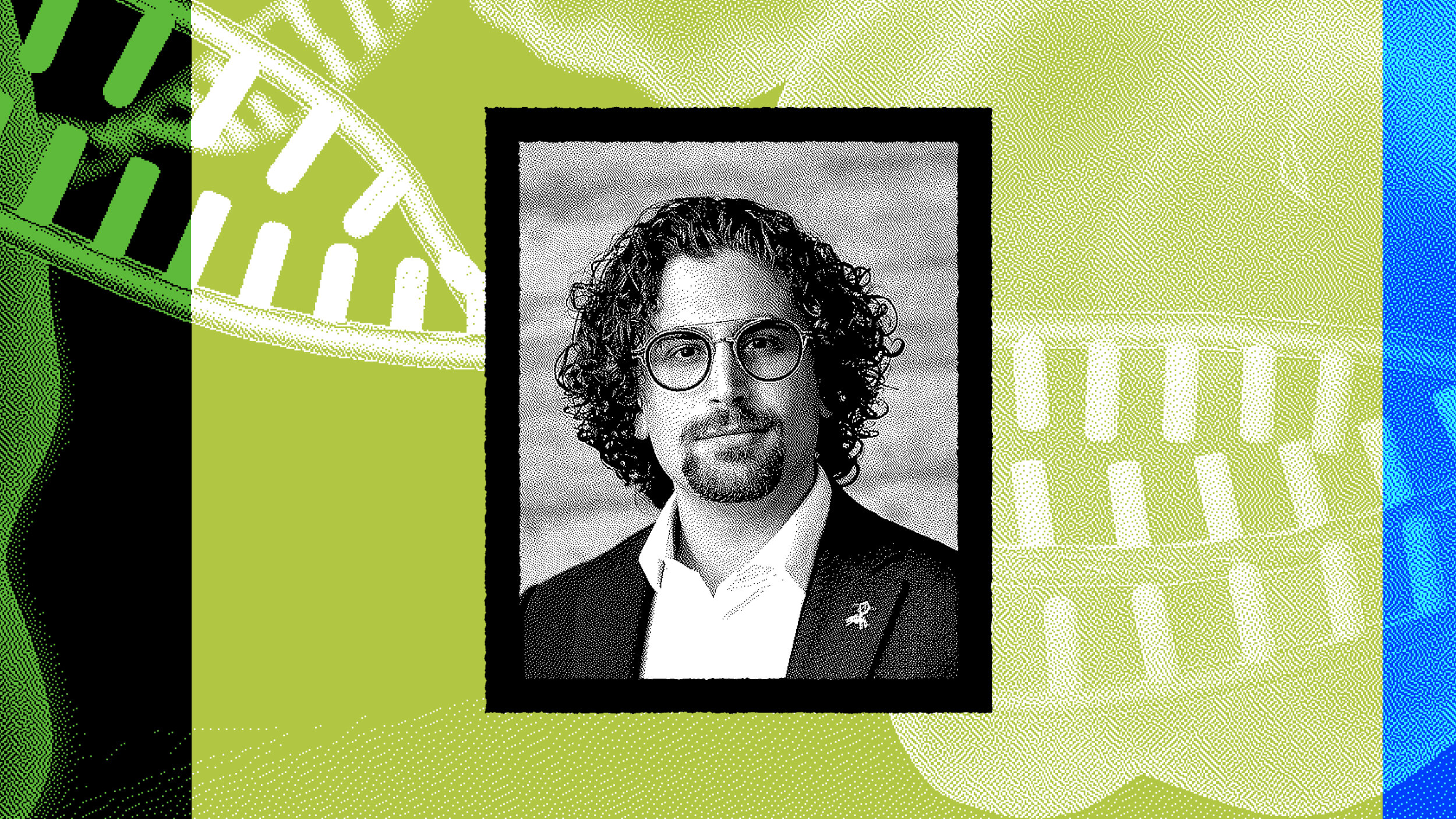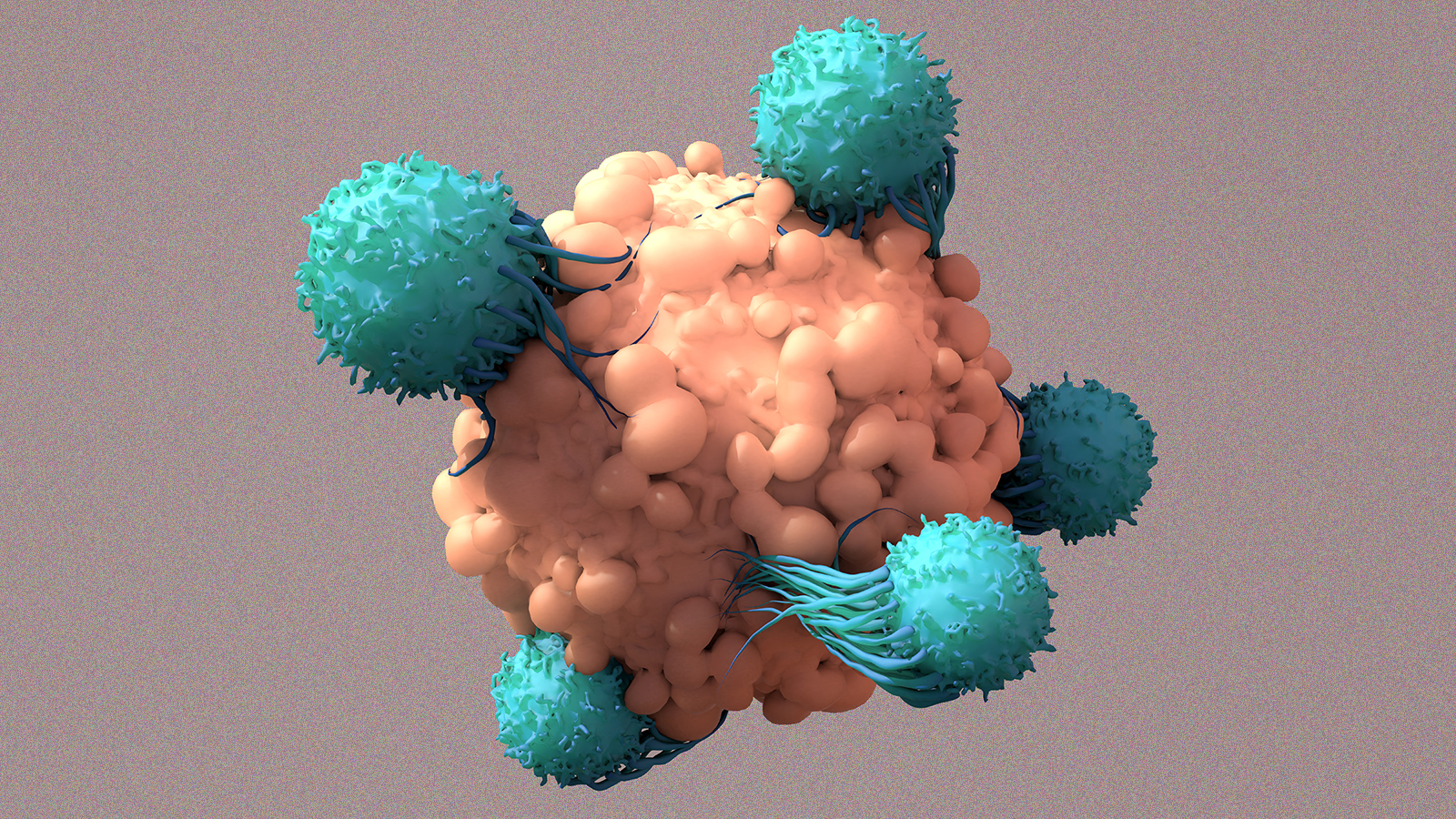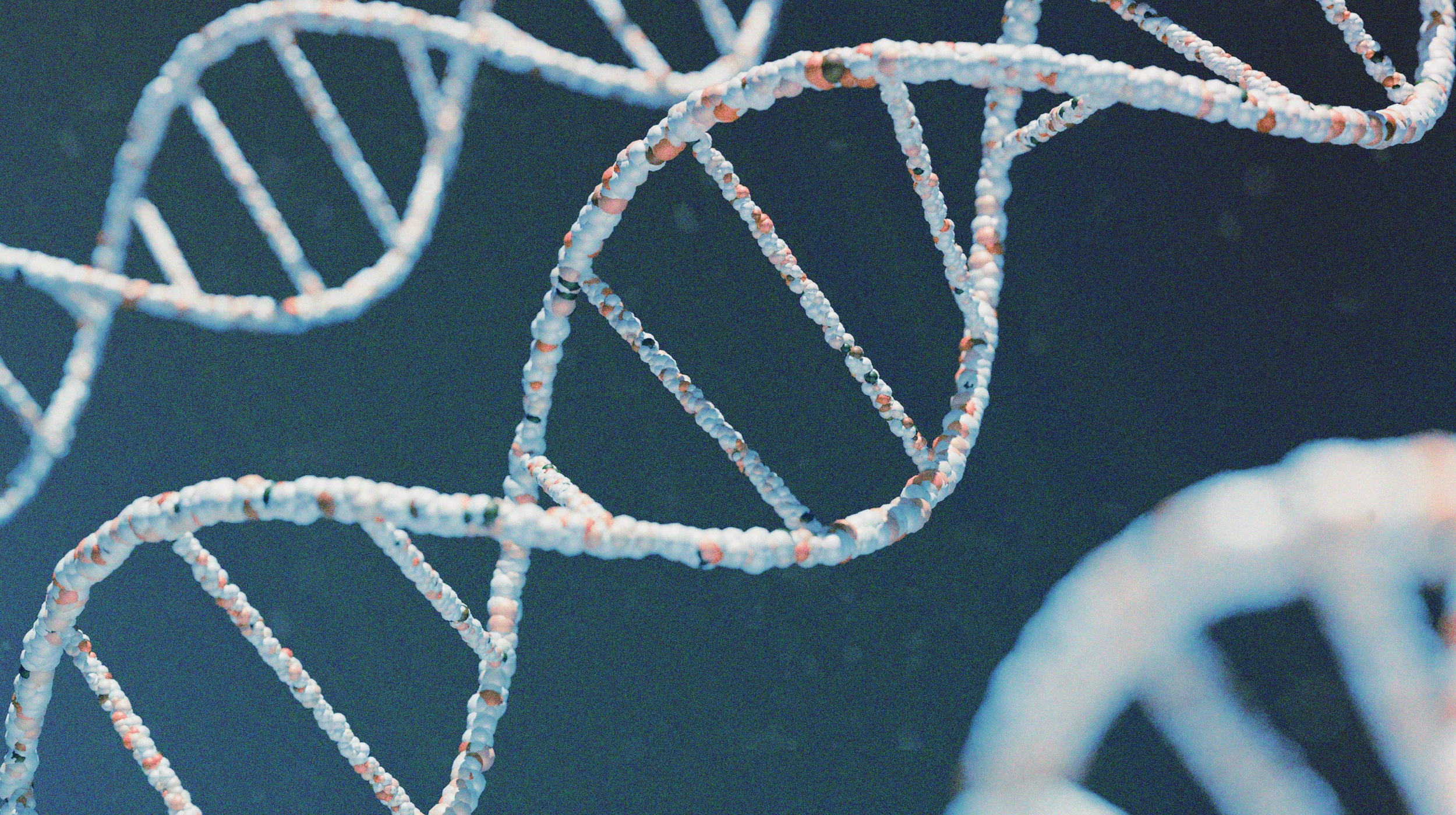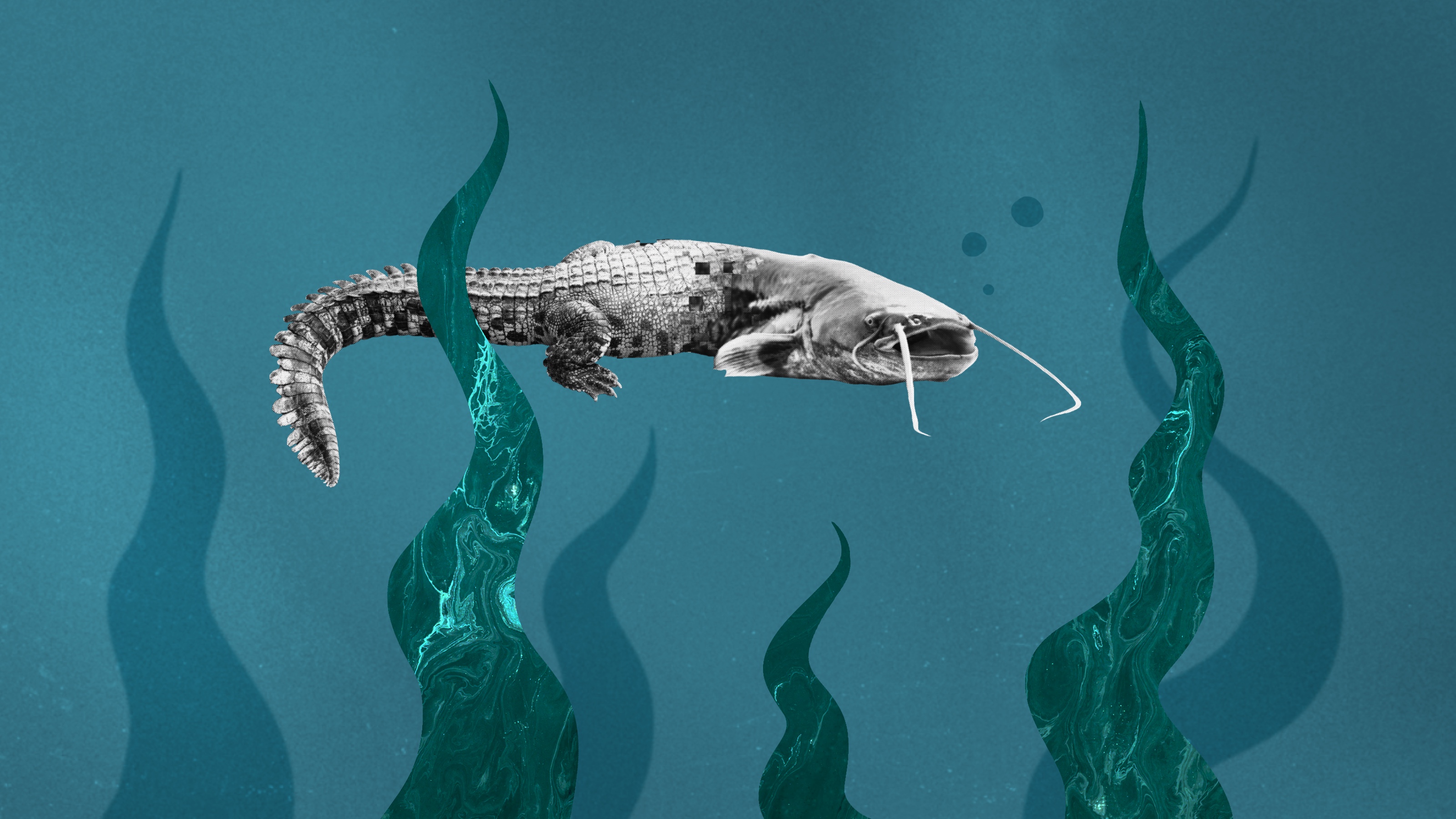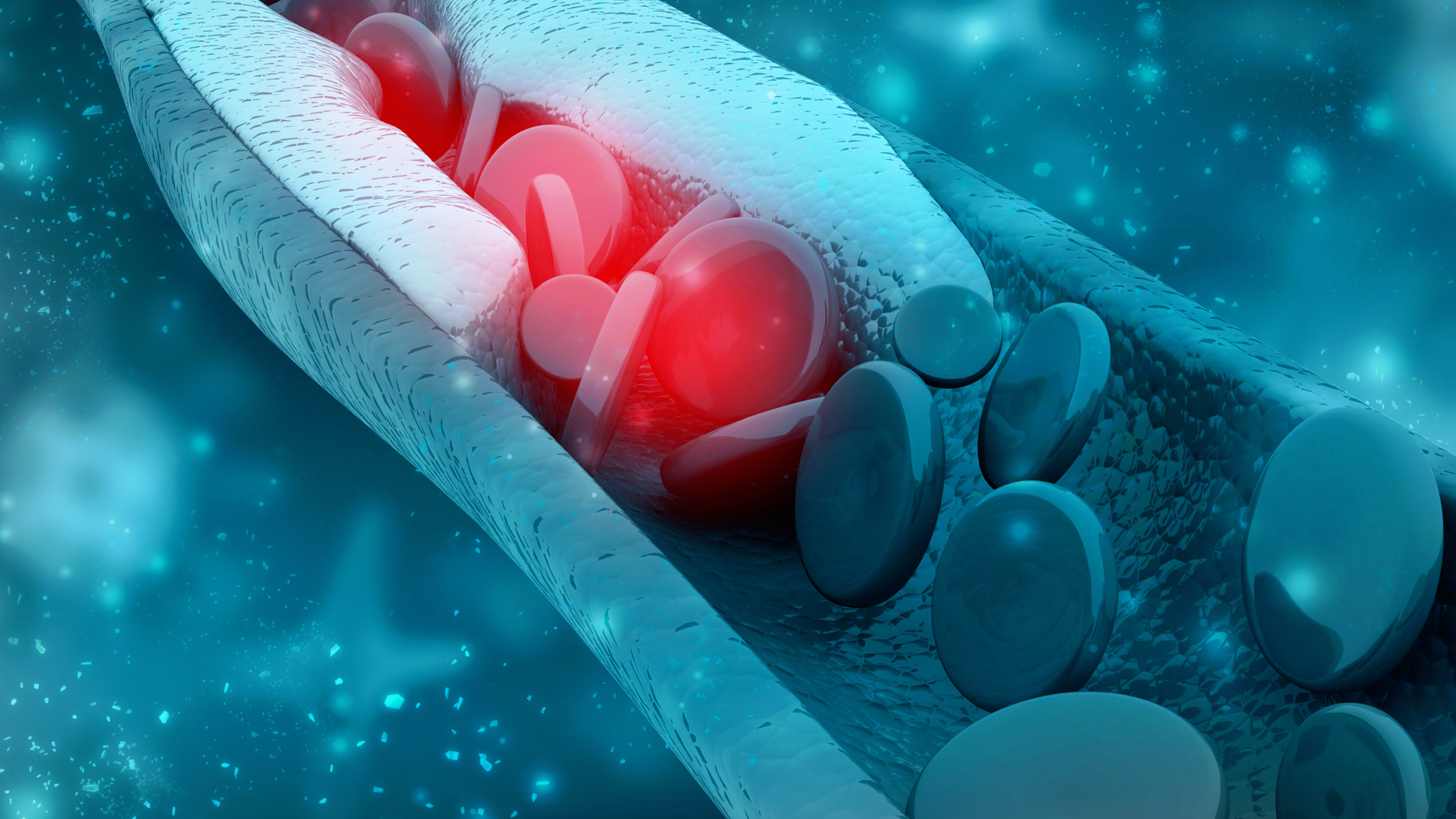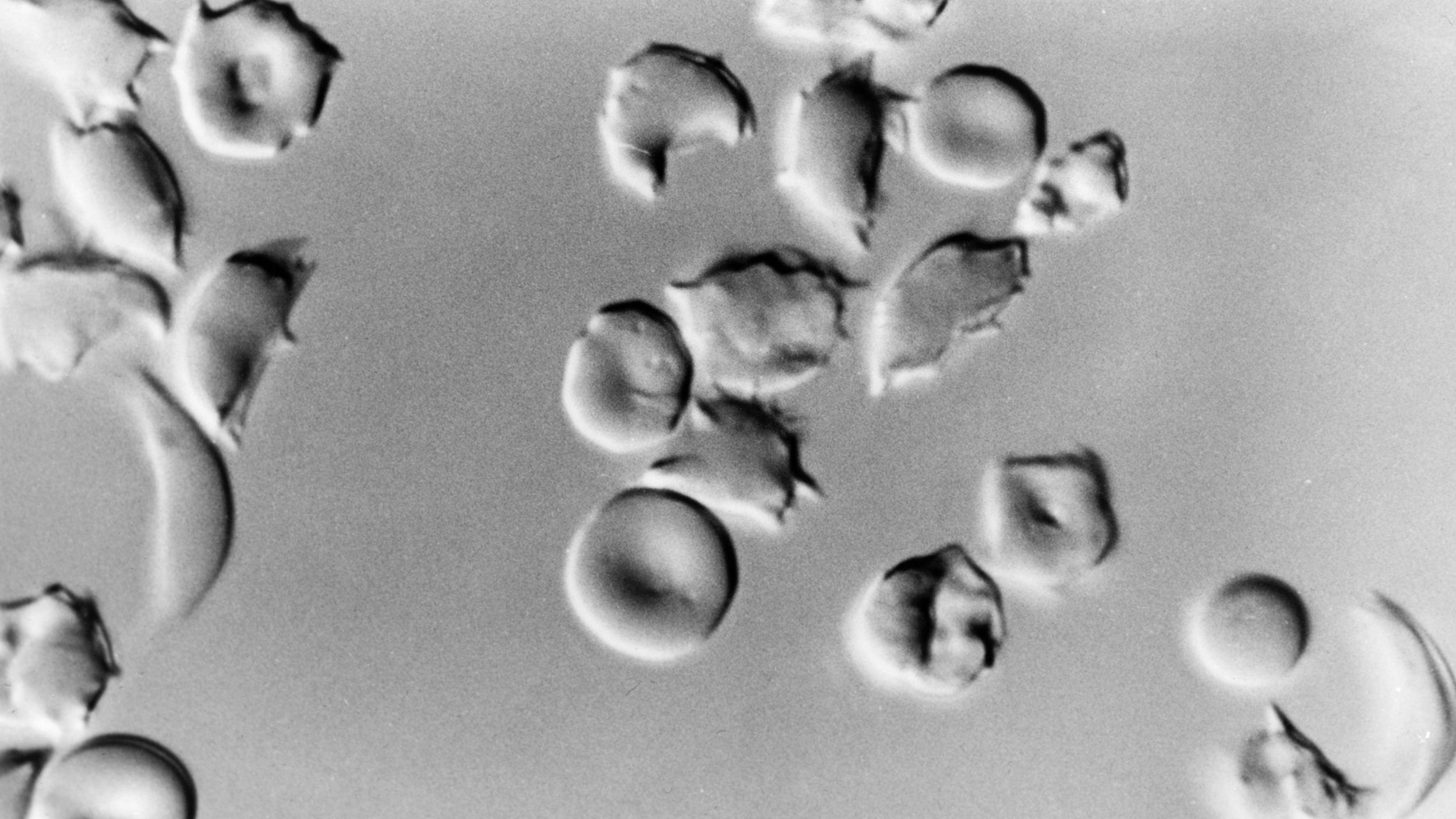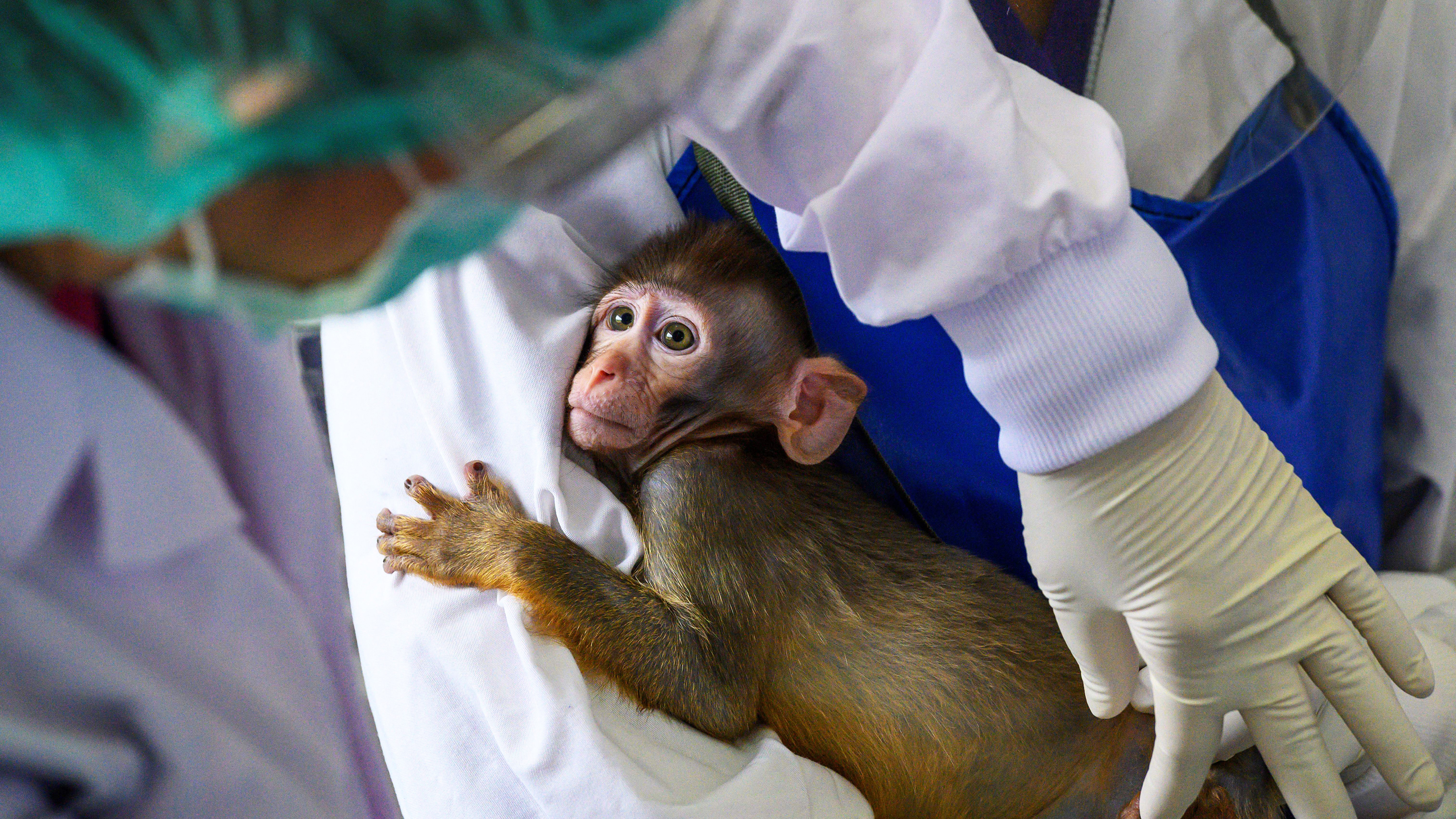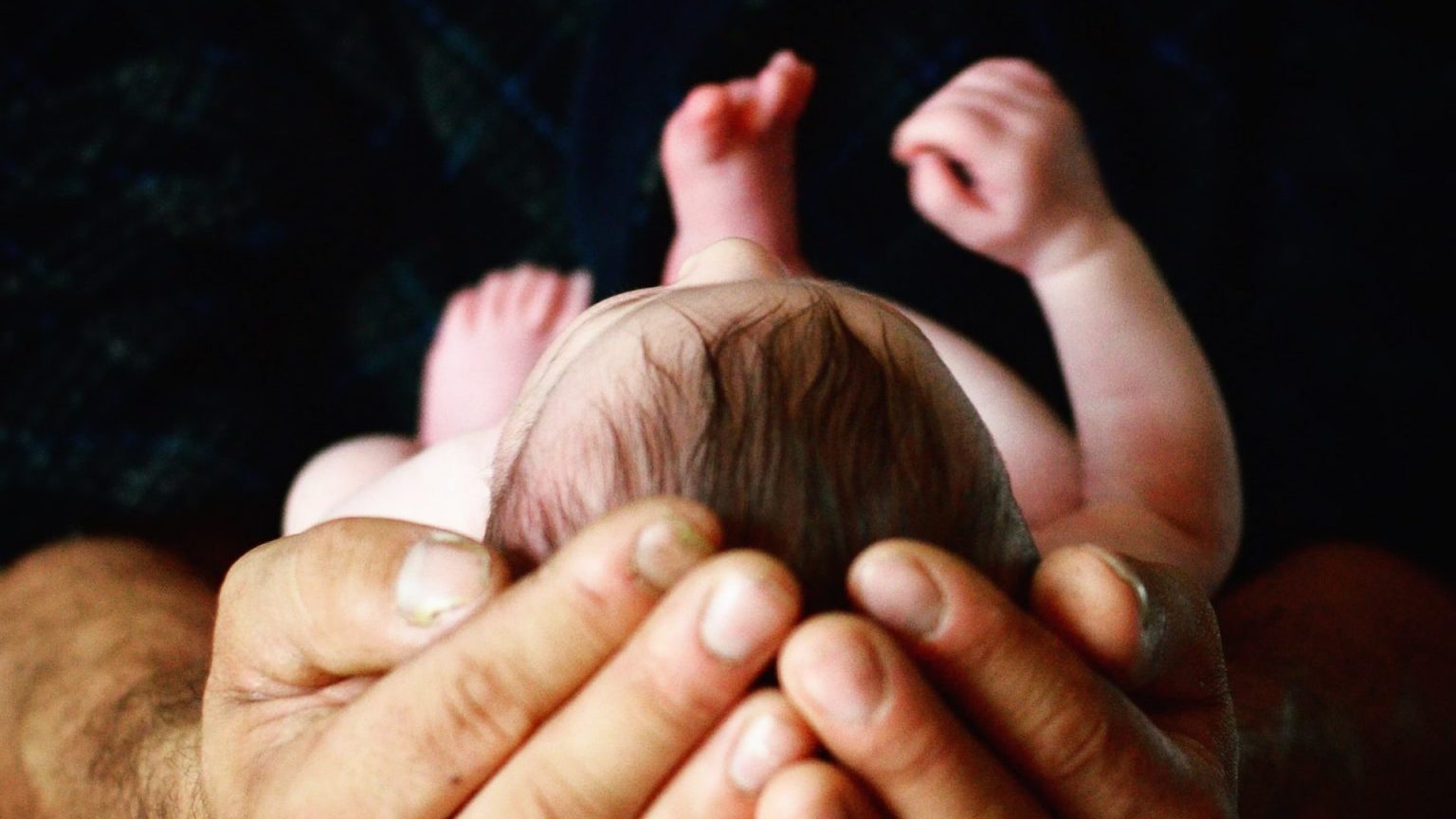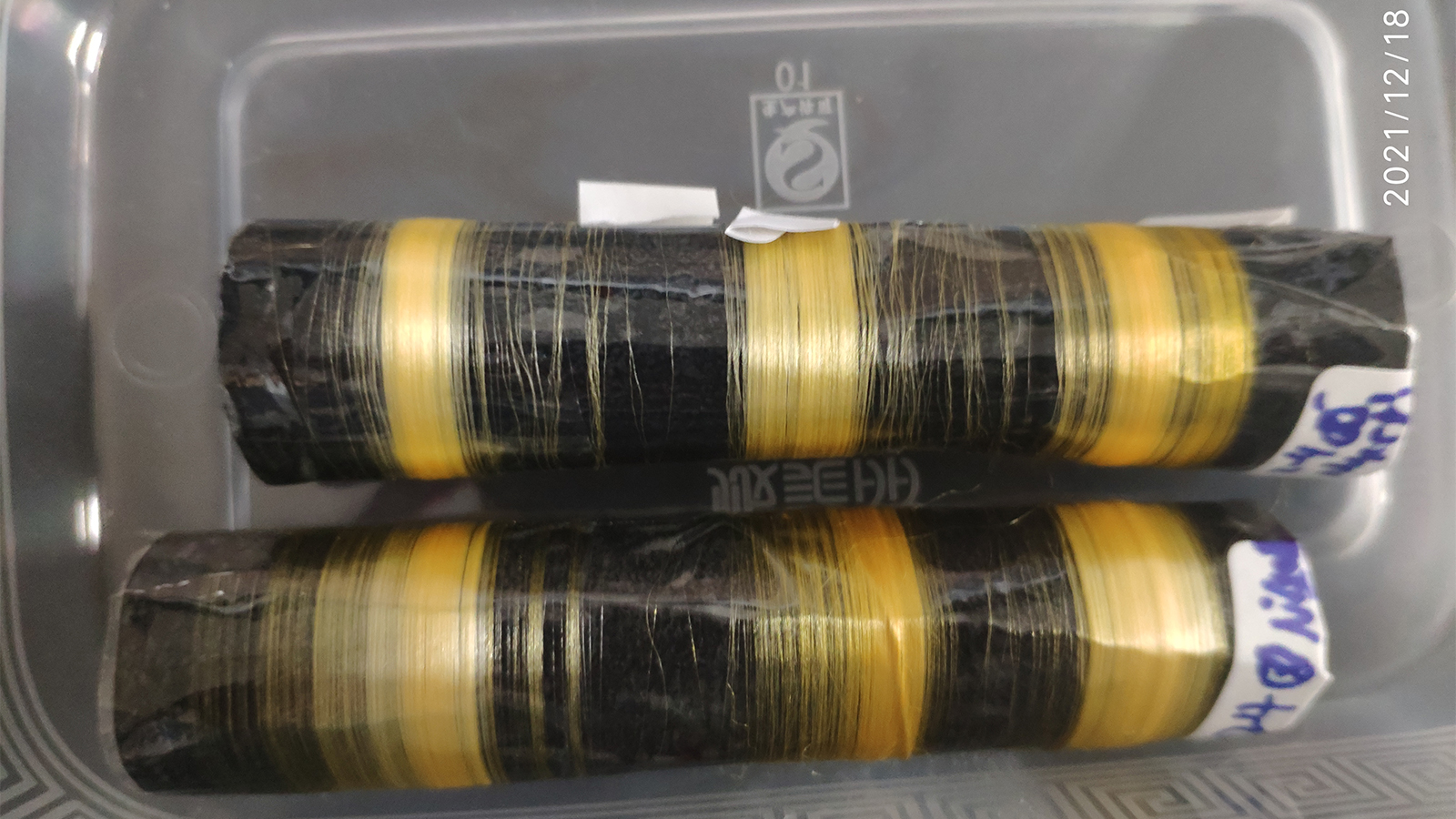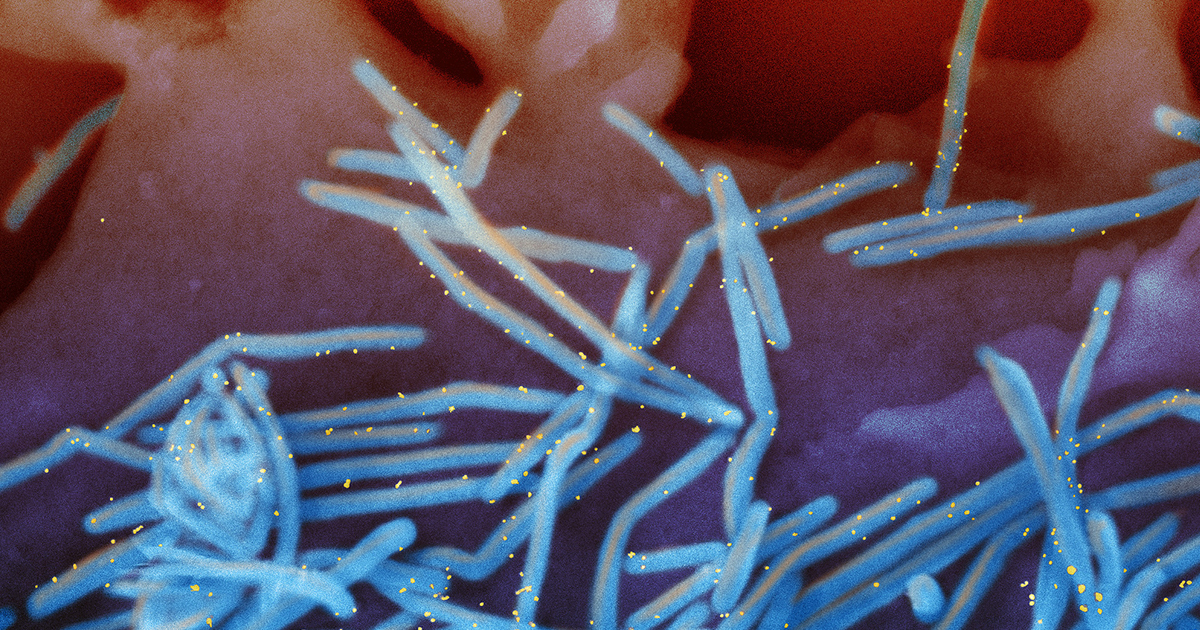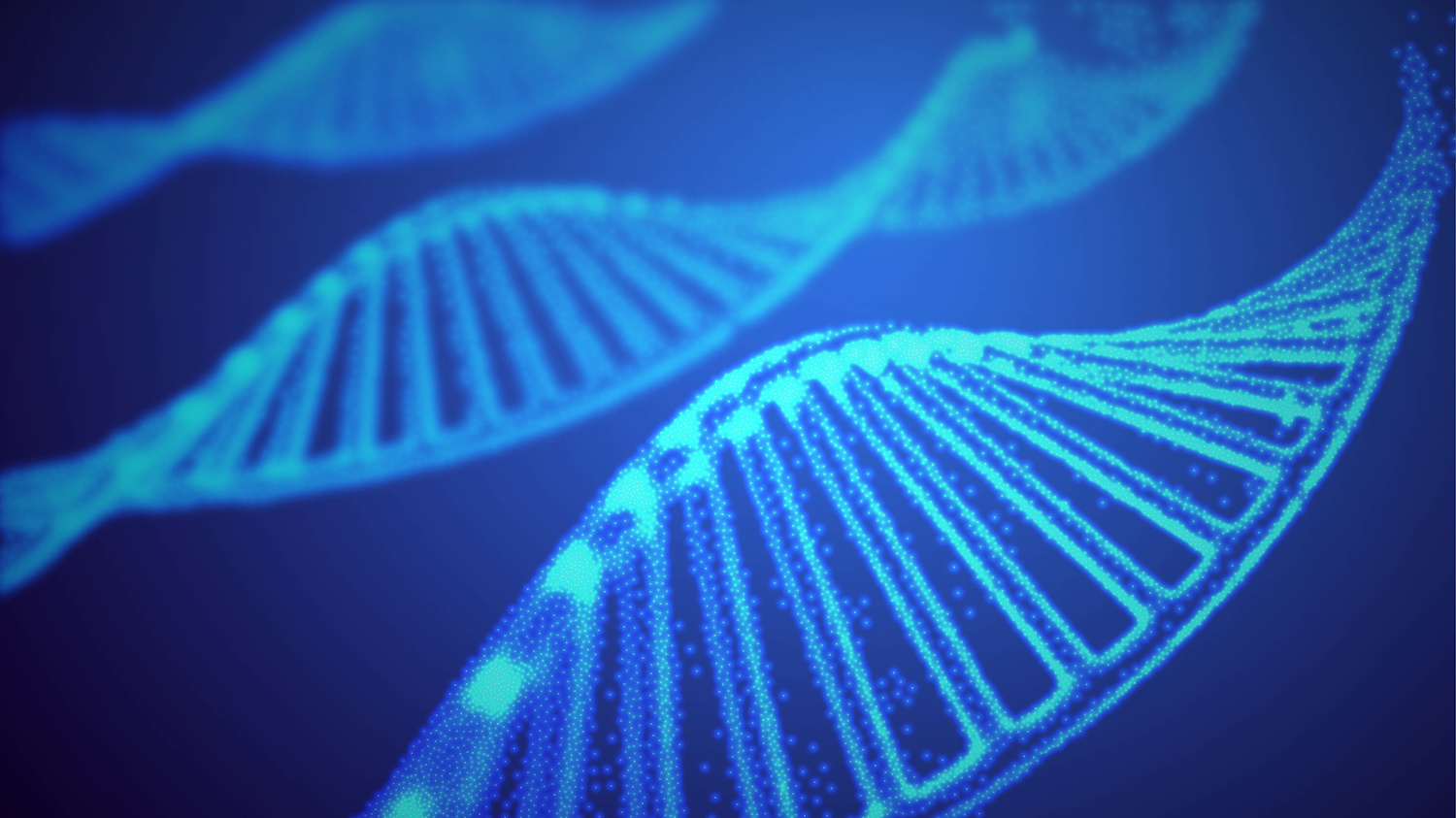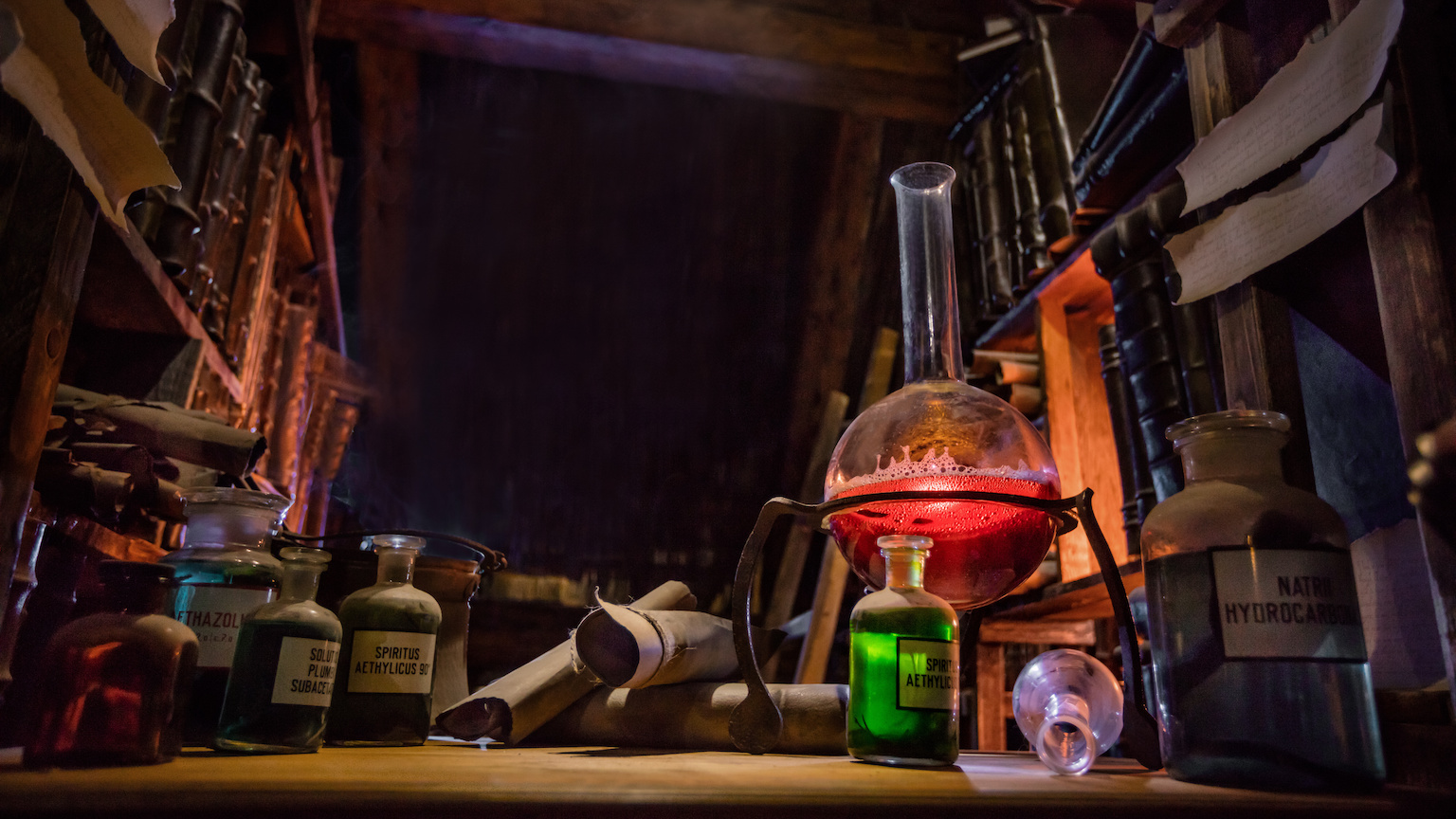Profluent’s new platform is like ChatGPT for genetic technology.
Search Results
You searched for: crispr
EBT-101 is not the only candidate for an HIV cure. Stem cell transplants, medications, and other CRISPR therapies are being researched.
Forget AI. Gene editing is still our most powerful — and dangerous — technology.
▸
5 min
—
with
CRISPR study helps answer a question that has long puzzled scientists.
Once activated, the CRISPR-Cas12a2 system goes on a rampage, chopping up DNA and RNA indiscriminately, causing cell death.
CRISPR, stem cells, and even cancer drugs are helping shape an AIDS-free future.
The first-of-its-kind approval could change how we think about gene-edited foods.
CRISPR’s gene drive can defy evolution. Here’s how, explained by Nobel Prize winner Jennifer Doudna.
▸
6 min
—
with
The preservation and celebration of life, and not greed, should be our primary decision-making value.
The study is a solid step toward developing gene therapies against neurodevelopmental disorders.
Merely 256 genetically engineered mice could make an island’s pest population go extinct.
Benjamin Oakes — CEO of buzz-worthy biotech company Scribe Therapeutics — joins Big Think for a chat about innovation, human endeavor, and more.
This small phase 1 study suggests that CRISPR-engineered T cells are safe and potentially effective, but there is a long way to go.
The first human trial of base editing delivered strong results along with some safety concerns.
An interview with CRISPR co-discoverer and Nobel Prize-winner Dr. Jennifer Doudna.
An innovation’s value is found between the technophile’s promises and the Luddite’s doomsday scenarios.
Disease kills off 40% of farmed catfish. This gene protects them.
The potential benefits of returning the thylacine to Australia make the project worth the effort.
It could permanently lower cholesterol — and permanently reduce your risk of having a heart attack.
Hunger rates are rising. These technologies could turn the tide.
A cure may be on the horizon.
The milestone puts us one step closer to ending the organ shortage.
The new documentary “Make People Better” leans toward a different narrative about gene-editing than we’ve heard before.
Today’s popular weight-loss drugs could soon be joined by brain stimulation and gene therapies.
Differences in certain avian and mammalian proteins explain why avian influenza doesn’t (typically) infect humans.
You can’t farm spiders — but putting spider genes into silkworms works even better.
There is one obstacle that reliably blocks innovative ideas: how we fund science.
It was a particularly good year for biotech and medical technology. There were also notable advances in energy.
The development of the revolutionary gene-engineering tool CRISPR is a tale fit for the big screen.
Science has come a long way since Mary Shelley penned “Frankenstein.” But we still grapple with the same questions.
